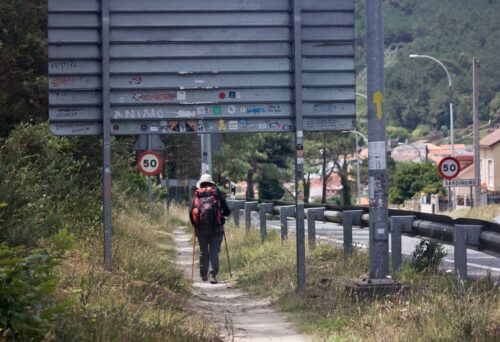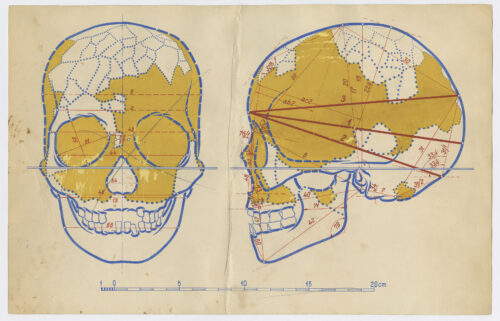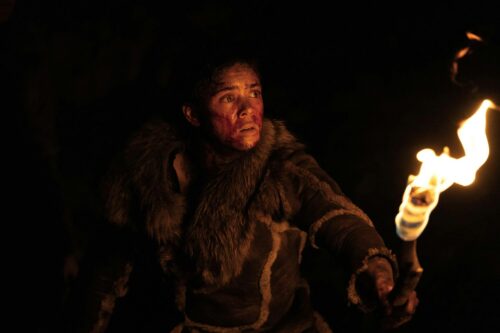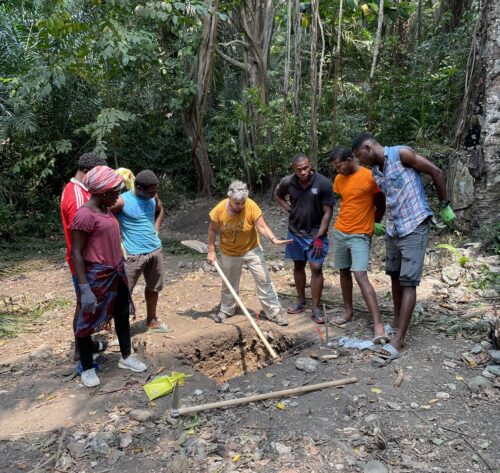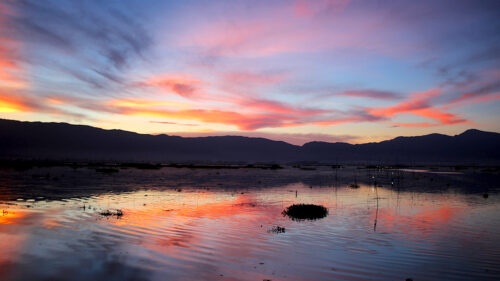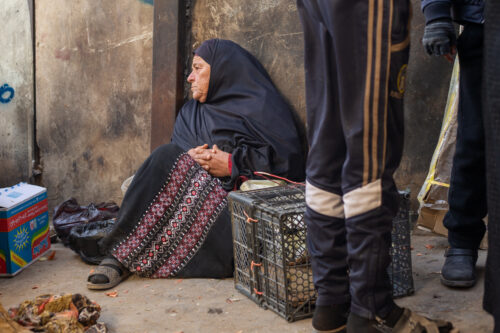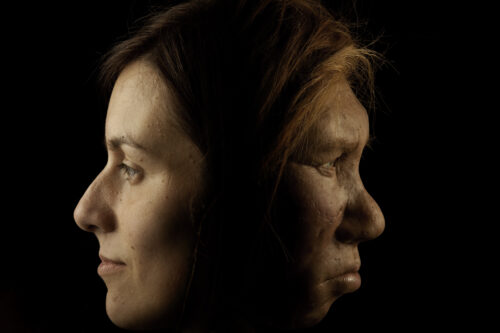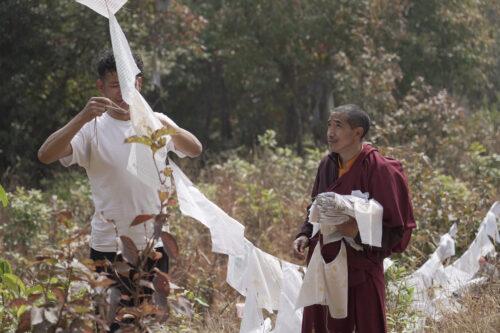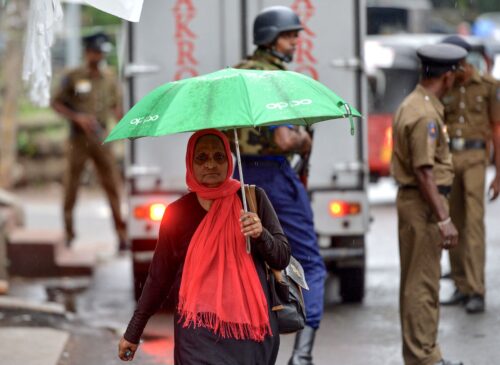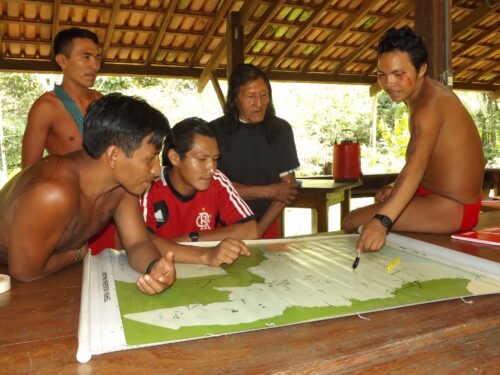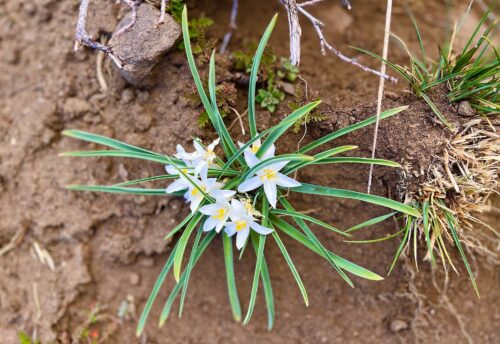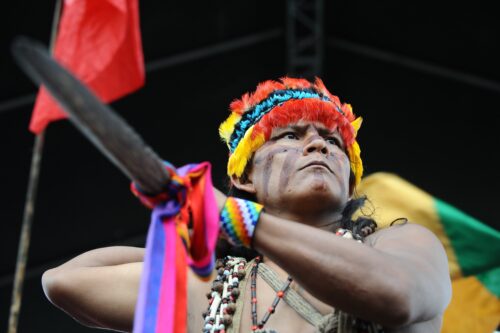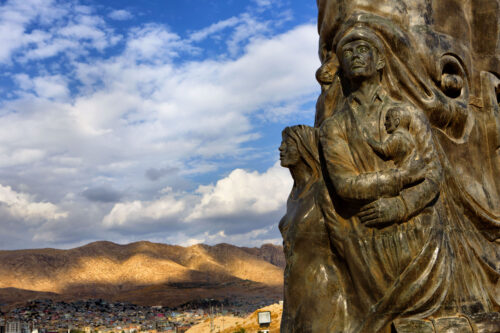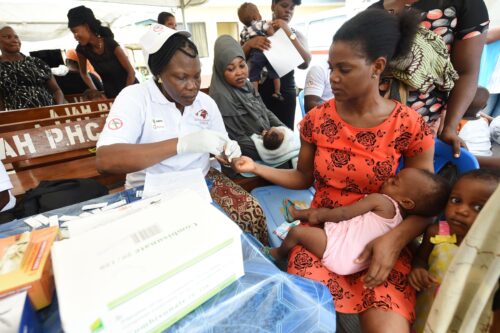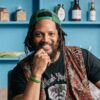Planting Seeds for a More Ethical Future
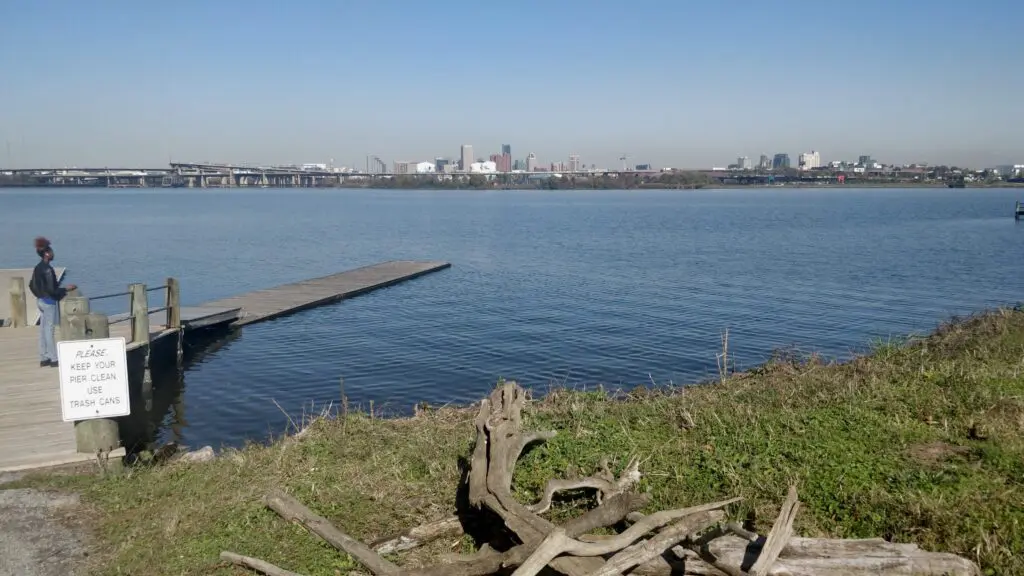
This contribution is part of the special forum Can Anthropology Be Decolonized? Read the introduction to the series here.
“I’ve thought about things,” Brother Eric wrote to Nicole and Anand one afternoon. “We need to discuss a few concerns. We should pause and reconnect.”
The two professors found the message unnerving. Anthropologists at Johns Hopkins University, they’d been working with Brother Eric and the Black Yield Institute (BYI), a nonprofit organization in Baltimore, Maryland, in a community-based practicum in sustainable design. They were scheduled to pursue a collaborative design exercise, with the university class and the community organization “ideating” together on project ideas related to the organization’s work in cultivating Black land and food sovereignty.
The three of us talked the next day. “I don’t want to call it haste,” Brother Eric said to the anthropologists, “but this is moving at a pace that isn’t working for us.”
The request illuminated the privilege and inequality structuring the partnership. The professors had led with the academic calendar, rather than the rhythm of a genuine relationship. Brother Eric made clear that more work had to be done on the partnership itself, on the trust that made it possible.
An imperialist spirit permeates the culture of elite academic institutions, quietly shaping even well-meaning endeavors like community collaboration. The heritage of white supremacy contradicts the ways that academics in such places often define themselves—as anti-racist, anti-colonial progressives. For a Pan-African power building and social movement organization like BYI, this contradiction represents a kind of apartheid: between thought and action, between the politics invoked and what is actually practiced.
Imperialism’s main objective is extraction, and extraction often happens in haste. Slowing down helps dismantle this tendency toward urgency in university-community relationships. Taking deep pauses to listen, pay attention, and communicate is necessary to deconstruct and shift power in such collaborations. For BYI, relationships are the building blocks of any social movement. These relationships must be molded and developed over time.
The professors and students in the class had imagined the outcome as a product of some kind, something designed to support the work of the organization. They learned, over time, that the process itself and the relationships built along the way were the products.
It takes time to build relations founded on dignity, respect, and humanity. We have to absorb, in a tangible way, the ethos of a partner, their flow of being, what movement in a process means for them. This is an ethical practice that elite institutions seldom make time for or incentivize.
As a collaborative team, we’re still working this out together. We’ve been developing an exploratory project for community-based aquaculture on the Baltimore shoreline as a new strategy for Black food sovereignty and environmental stewardship. We rely on our training but also a shared commitment to Black political education. Lately, we’ve been talking about the work of Dr. Amos Wilson, the Pan-African theorist and psychologist.
“Culture is instilled in our bodies and in our minds,” Wilson says. “Our history dwells in us,” he suggests, like “… a possessing spirit.” The essential task of decolonizing culture therefore takes us far beyond an academic discipline like anthropology. What would it take for this field to contribute more effectively to the wider struggle for cultural liberation?
Anthropology must be from the bodies and minds of people; this is the only way to transform the discipline—and the world. This can only come, however, with time given to pause, to listen, and to question the momentum that keeps unequal relations fixed in place. Movement has to happen at the pace of the natural flow of relationship and community. The espousal of ethics means little without the embodiment of this ethos in practice; pause and flow can take us there.
We’ve been experimenting with what is possible, trying to imagine together what we haven’t been able to imagine on our own. We still don’t know where this will go. But we do know that abiding with the uncertainty will be fundamental.
Seeds go down before they come up, down into the abyss of inheritance: all the depths of time that the soil quietly carries, the underlying violence that remains with us still. So much turns on whether we can give these seeds the time they need, the chance to yield a more ethical future.
